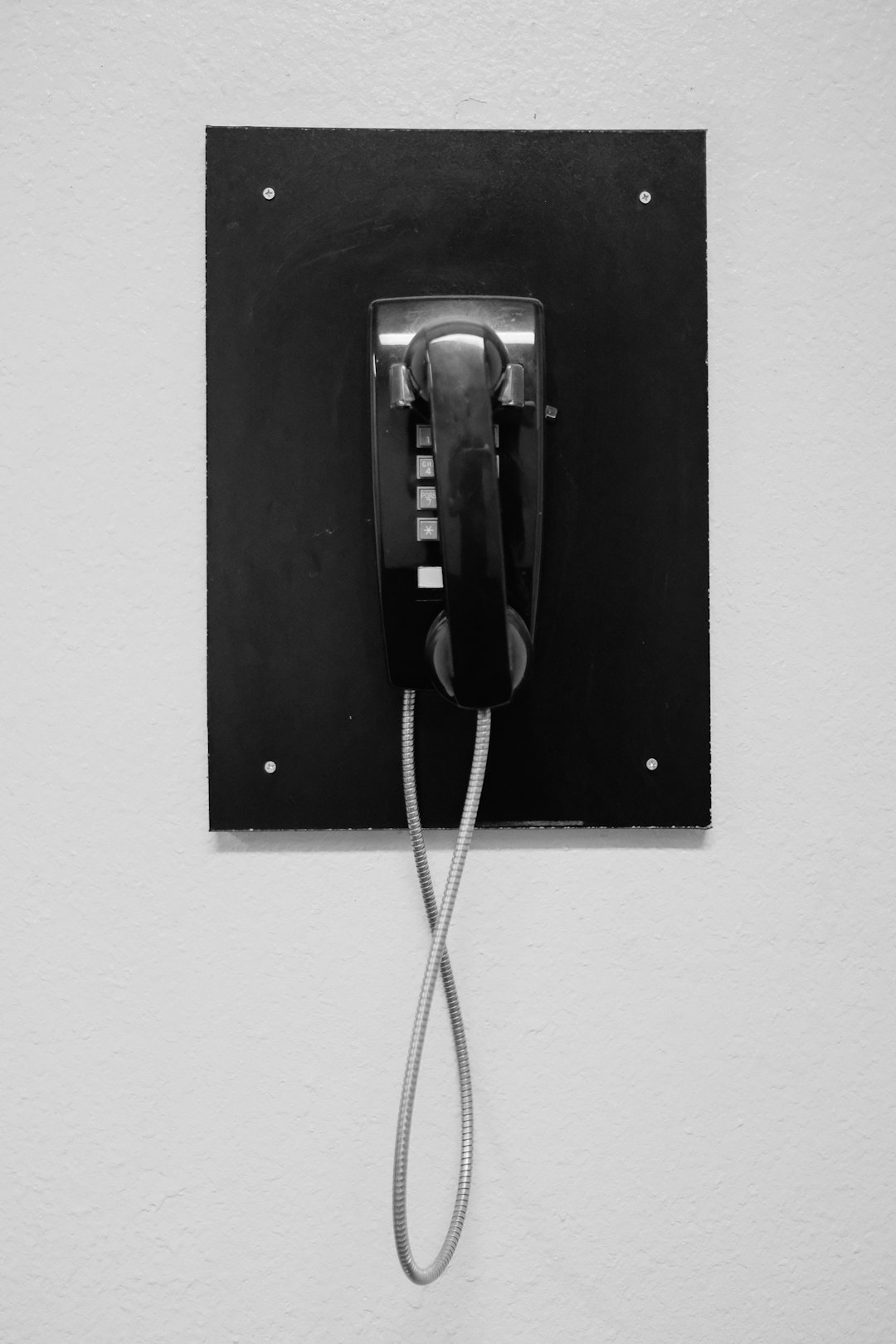In the age of relentless digital communication, telemarketing harassment has emerged as a pervasive issue, particularly in bustling cities like Seattle. This article delves into the psychological effects of this modern-day nuisance, exploring how unsolicited calls can impact victims’ well-being. We’ll analyze Seattle’s unique context, dissect the legal landscape in Washington State, and uncover prevention strategies to mitigate this growing concern. Understanding telemarketing harassment is a crucial step towards creating a more respectful and compliant communication environment, avoiding the need for ‘do not call’ lists or legal intervention.
Understanding Telemarketing Harassment: A Seattle Perspective

Telemarketing harassment is a pervasive issue that affects many Seattle residents, often leaving them feeling frustrated and overwhelmed. This phenomenon involves repeated and unwanted phone calls from telemarketers, despite individuals placing “Do Not Call” requests. In Washington state, where privacy laws are stringent, citizens still face challenges in dealing with persistent telemarketing calls. Many companies employ aggressive tactics to sell their products or services, failing to respect personal boundaries.
Seattle, being a bustling metropolis, has a diverse population that includes many who prefer peace and quiet over constant sales pitches. The “Do Not Call” registry, while effective for some, is not foolproof. Telemarketers often find ways around it, making it crucial for residents to understand their rights and the legal avenues available to combat this harassment. Awareness and education are key steps in ensuring that the vibrant Seattle community remains free from intrusive telemarketing practices.
The Psychological Impact on Victims

Legal Aspects and Prevention Strategies in Washington State

In Washington State, telemarketing harassment is regulated by the Washington State Communications Act and the Telephone Consumer Protection Act (TCPA). These laws protect residents from unsolicited phone calls, including those that use automated dialing systems or prerecorded messages, which can be considered harassing. Under these regulations, businesses engaging in such practices may face significant penalties. Residents who feel they have been subjected to telemarketing harassment can take legal action against the offending companies by filing a complaint with the Washington State Attorney General’s Office or consulting with a do not call lawyer.
Prevention strategies for consumers include registering their phone numbers on the state’s Do Not Call registry and using tools provided by the Federal Trade Commission (FTC) to block unwanted calls. Businesses should also adhere to ethical telemarketing practices, such as obtaining explicit consent before making sales calls and honoring consumer requests to stop contacting them. By following these guidelines, both businesses and residents can help alleviate the psychological strain associated with telemarketing harassment in Seattle and throughout Washington State.






